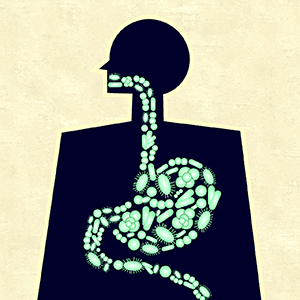Be Well: Probiotics and Antibiotics, What You Need To Know
MSP Mag | January 24, 2019
One wipes out all the illness-causing bacteria, the other replenishes what’s been destroyed—right? Not quite, says a Twin Cities nutritionist: their relationship isn’t as black-and-white as their prefixes suggest.
Paul Ratte, ND, assistant professor at Northwestern Health Sciences University, takes us through the latest research on probiotics (hint: it’s not all about the numbers), mastering the ‘wait-and-see’ when we’re feeling blah, and how to be our own health advocate when easy access is more of a hindrance than a help.
It’s no secret that antibiotic resistance remains a serious public health threat, thanks to the U.S.’s over-prescription rates. On an individual level, what kind of steps can we take to protect ourselves against these drug-resistant strains?
Antibiotics have been a savior for us, a gift really—we’re able to treat pneumonia and syphilis, things that would’ve cost us our lives a hundred years ago. Between the invention of antibiotics, water sanitation, and the cleanliness of our food and drink, we’ve made tremendous steps forward in increasing life expectancy. But now we use antibiotics for everything; we don’t necessarily distinguish between ‘Do I really need to treat this?’ and ‘Can I let these symptoms just run their course’? We know that an antibiotic works well for eradicating bacteria [the cause of disease], thanks to the Germ Theory. However, when bacteria enters the picture, it takes advantage of a susceptible person. Conventional medicine, I would argue, isn’t very good at addressing susceptibility.
Read the full article from Minneapolis.St.Paul Magazine here.
